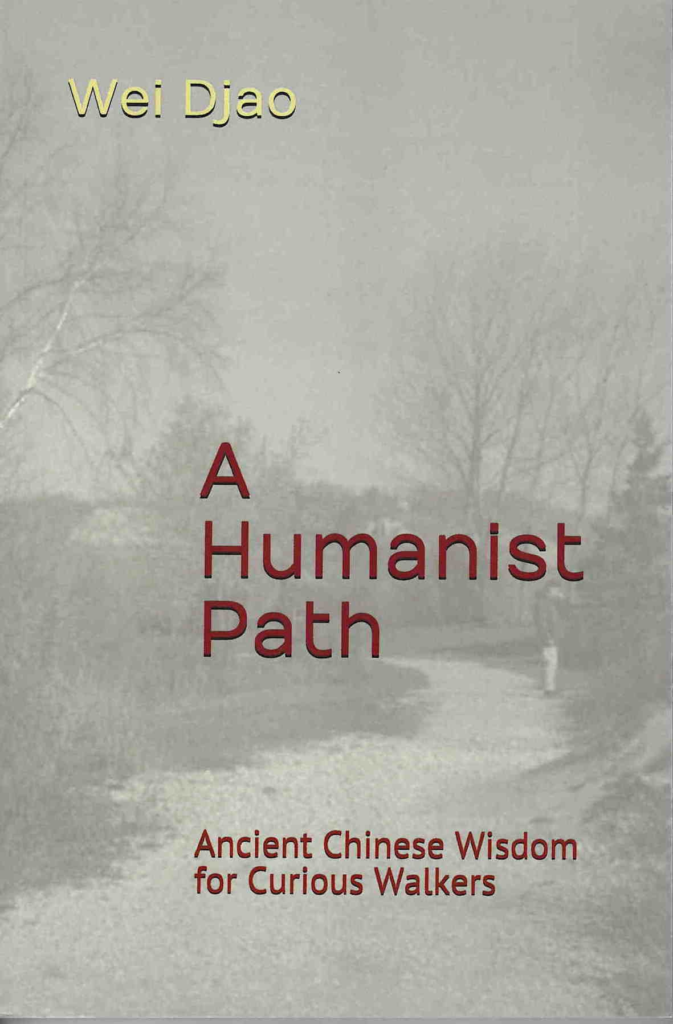
Description
Confucius and Lao Zi (active around 500 BCE) were the originators of the two major philosophical traditions in China, Confucian and daoist. They formulated their viewpoints without any claim to divine or supernatural revelations, and without any invocation of religious authority. They simply proposed ideas they thought were essential for people to live by as individuals, in society, and in this world, without the guidance of any religion but instead with that of a humanist philosophy.
Lao Zi’s daoist philosophy is sadly confused by many with the daoist religion, which was founded around 140 CE. Seeing humankind as a part of the universe, Lao Zi never hints at the creation of the world by supernatural beings. In fact, the Book of Lao Zi presents an atheist natural self-generation of the universe, as part of a humanist philosophy.
Confucius and Lao Zi emphasize different yet similar virtues that people should practice with the underlying assumption that every human being is perfectible, each by one’s own efforts. This view differs greatly from the belief in many religious traditions that humankind is stained by an original sin or other evil thus requiring redemption through religion. The experience of the Chinese people shows that human beings can make ethical and humane moral decisions without religious input. If this phenomenon could take place in one society for thousands of years, then the argument that all people must have religion as their moral compass to guide them becomes specious.
Personal cultivation of character is illustrated in A Humanist Path by the life stories of people in China and beyond. World events, historical and contemporary, discussed in connection with the ancient thinkers’ teachings demonstrate their relevance in the 21st century. Questions of who decides on moral standards in society, and how do human beings make moral and ethical decisions assist readers in making moral and ethical choices in today’s world.
Reviews
“Luminous, original, a book in a class of its own, this easy-to-read exegesis of the two most prominent philosophical classics in China takes a probing look at their historical backgrounds and the inner virtues, moral standards, and ethical conducts promoted by the two ancient schools of thoughts, which are adeptly juxtaposed and carefully explored, all through a humanist lens.
“While living most of her life in North America, Professor Djao is exceptionally well versed in Chinese classics and in elegant command of interpreting them; the confident yet thoughtful inquiry is informed by her profound cross-cultural experience, in-depth knowledge in history and society, and her acute awareness of the persistent myths in the West surrounding the teachings of the two ancient giants of human civilization. The enriching non-Western perspectives deepen our critical understanding of ourselves and the West in the post-pandemic 21st Century. For those of us interested in the wellbeing of ourselves as individuals and the society as a whole, and curious about a humanist path, a virtuous way of life, towards peace, benevolence, and health, this book tells us how and why.”
– Howard Xie, Professor of Humanities, Seattle WA
“A meaty romp through the avenues of time, the author challenges our beliefs, our place in the universe, our very being. Each chapter feeds us tasty morsels of reality fueling our thoughts along the path giving us much to chew on. Bite in and enjoy.”
– Ruth Gill, Member at West Hill United Church of Canada, Toronto ON
“A powerful and cogent assessment of humanist philosophy in ancient Chinese wisdom, uniquely presented in this book, examines the teachings of Confucius and Lao Zi as recorded in the Lun Yu and the Book of Lao Zi. The ideas of these thinkers are considered humanist because they are not claimed to have come from God, the gods, or any supernatural sources. The author has expertly put forth humanist and atheist philosophies, perspectives, and practices, applying them to life in 21st century worldwide.
“Humanist morality, harmony and ethics, derived from the influences of the ancient Chinese philosophers and from learning to adopt a peaceful and non-theological way of living, are carefully proposed and discussed in A Humanist Path. “
– Dr. Cheryl Mead, Scientist, Evolutionary Biology & Ecology, Tucson, AZ
Available: Wei Djao amazon.com https://www.amazon.com/s?k=wei+djao&ref=nb_sb_noss_2
